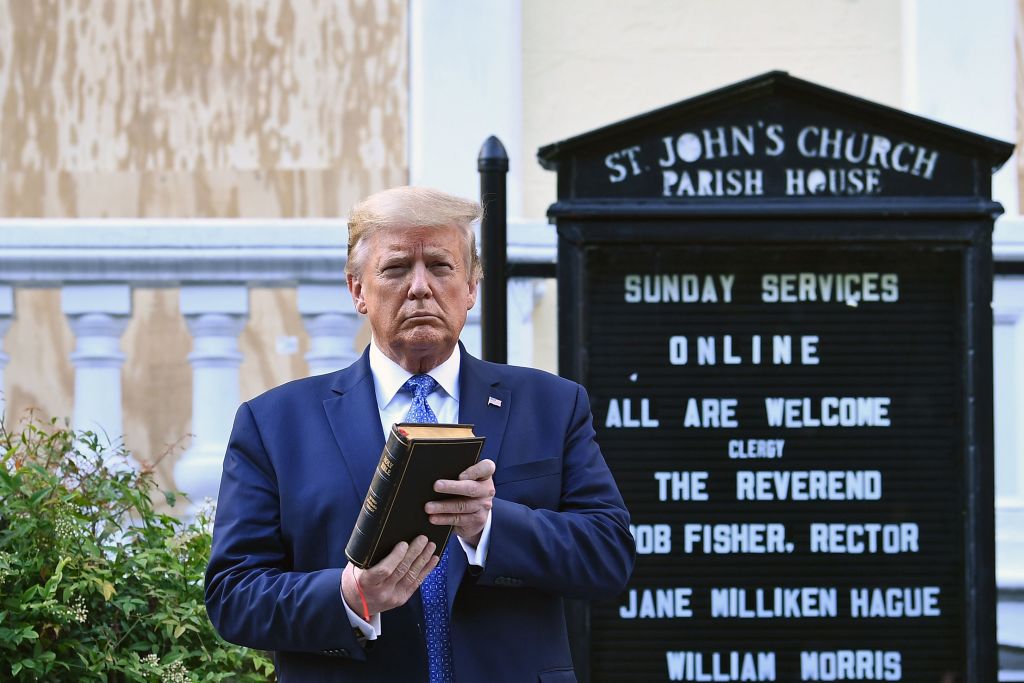You won’t be surprised to hear that I won’t be supporting Donald Trump in next week’s election. But while most Lib Dems won’t be cheering on Trump either, there are plenty of Christians who will.
When Trump won in 2016, an estimated 81 per cent of white evangelical Christians voted for him. Trump is hoping that, once again, these Christians ignore his disregard for the dignity and wellbeing of others, his contempt for equality, his ungracious rhetoric and his lack of compassion for the vulnerable – and back him at the ballot box. Yet this support not only gives faith a bad name, it is a complete misunderstanding of what Christianity is all about.
White evangelical Christians are a powerful lobby in the States. They enjoy considerable influence in national politics, but clearly feel increasingly threatened by secular liberalism and the growth of other ideologies around identity politics. To fight their corner in the culture wars, they crave power and influence – and Trump is promising it to them. But they are wrong to accept his offer.
He has shown that his values contradict pretty much everything the Bible says, yet claims to be the only one who will defend their right to exist. He signals this through stunts such as holding up a Bible outside a church in a stand against ‘lawlessness’ during the unrest following the death of George Floyd; or allowing his press secretary to quote from the Bible to justify separating children of illegal immigrants from their parents. His son Eric has gone so far as to claim that his father has ‘literally saved Christianity’. No, he hasn’t.
Thankfully there are Christian evangelicals who are taking a stand against Trump’s posturing. The Not Our Faith campaign tells Trump that he cannot take them for granted. But why are many Christians looking to a politician to save them anyway? After all, real Christianity has never been about standing up for the rights and privileges of its followers against all comers. Christians are meant to turn the other cheek, not get indignant about our status.
There will be some non-Christians reading this with a sense of bemusement. Others will feel that evangelical support for Trump simply (or even conveniently) justifies all their views about the malevolence of faith. It’s hard to blame them for thinking that way. But they should remember that, whatever Trump says, Christianity is neither conservative nor malevolent. Jesus – unlike Trump – didn’t seek worldly power. When he was on earth, he did not spend his time hanging around the political or religious leaders of his day. Instead he reached out to the poor, the sick and the outcasts. This could not be any more different from Trump and his missives.
So whether or not Trump is re-elected, those Christians who support him should think through their decision to vote for him. If Christians really are worried about culture wars and their faith coming under attack, Trump isn’t the one they should rely on.






Comments